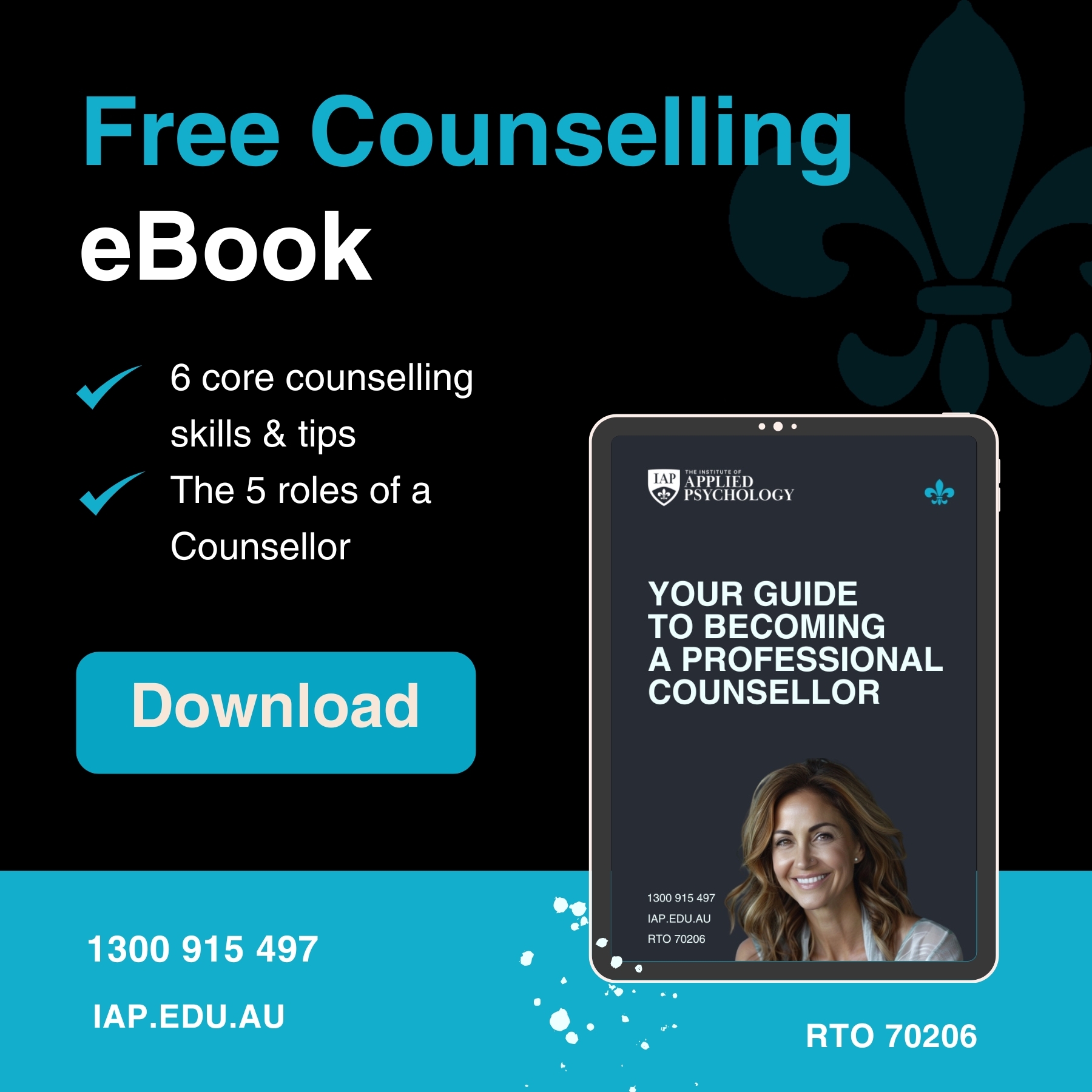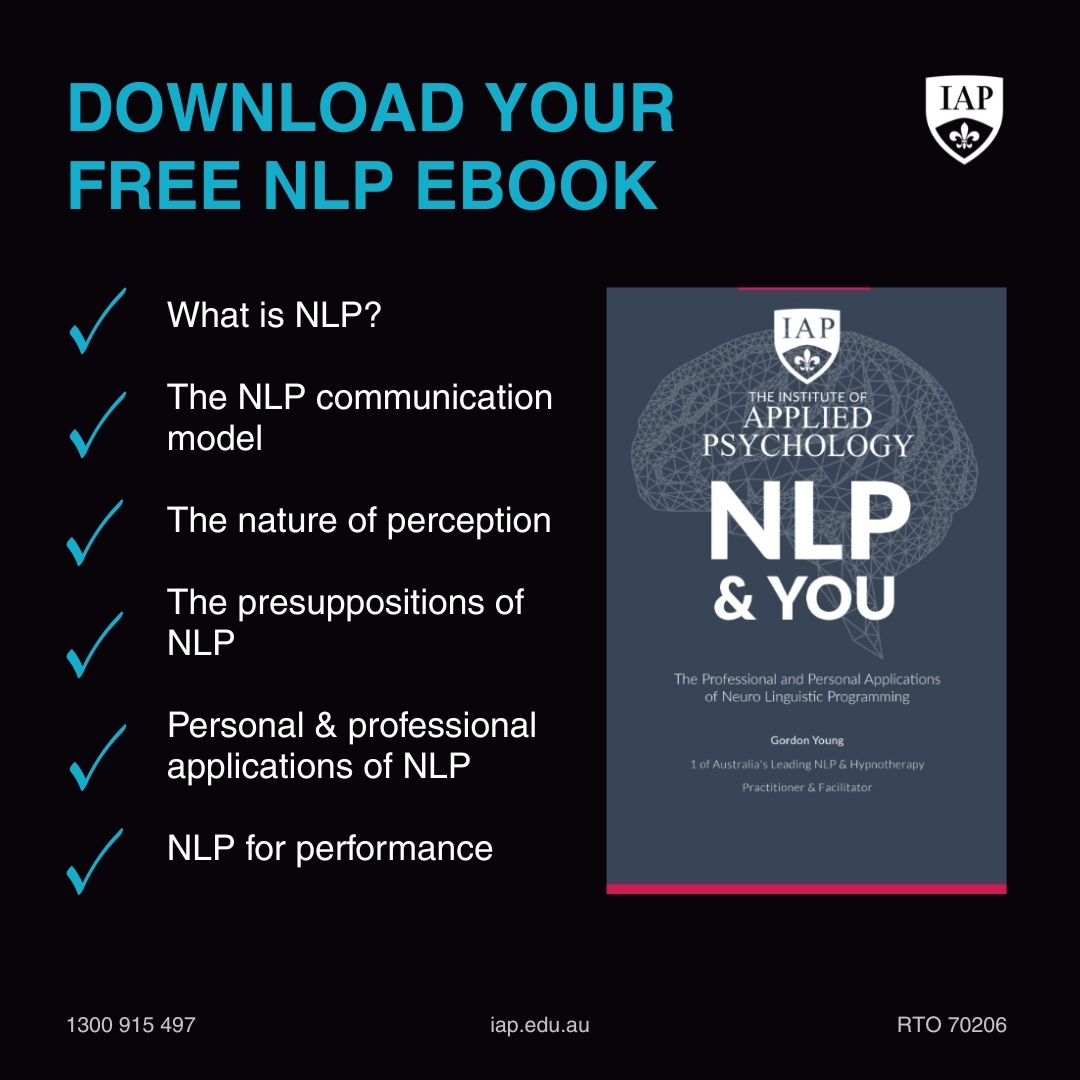How to transform Beliefs for Personal Growth and Leadership with NLP
The world is shifting, and so is the desire for personal development. Whether it’s the fast pace of life, career ambitions, or the drive to improve, more people realise that personal development isn’t a luxury—it’s a necessity. People want to grow, unlock their potential, and thrive in their personal lives, leadership, and professional settings. That’s where Neuro-Linguistic Programming (NLP) comes in.
NLP offers a dynamic way to shift mindsets, overcome barriers, and turn limiting beliefs into powerful stepping stones for success. This article will explore why personal development has become so sought after, the growing role of NLP, and how specific techniques—like Sleight of Mouth—can transform beliefs and open doors to a more fulfilled life. We’ll also touch on how NLP can be used by teachers and parents to set children up for success in school, providing valuable tools to nurture positive thinking in young minds.
The Rising Demand for Personal Development
Personal development is everywhere—it’s in our conversations, the books we read, and the courses we take. But why is the demand for self-improvement skyrocketing?
One reason is the growing recognition that our ability to grow as individuals directly impacts how we perform professionally and lead others. Personal development has become the antidote in a world where stress and burnout have become all too common. Whether developing resilience, improving communication, or learning to lead effectively, personal development offers a pathway to thrive in work and life.
Leadership, in particular, requires continuous growth. According to a LinkedIn Workplace Learning Report, 94% of employees say they would stay with an employer longer if that company invested in their development. Leaders are no longer expected to manage; they must inspire, coach, and guide their teams through change. And to do that, they need to work on themselves first.
There’s also a deeper drive at play. Human beings naturally seek growth; we aim to reach our highest potential as we evolve. This is often called self-actualisation, a concept rooted in Maslow’s hierarchy of needs. It’s the idea that we all want to become the best version of ourselves, and personal development helps make that journey possible.
NLP: A Game-Changer in Personal Development and Leadership
Neuro-Linguistic Programming, or NLP, is the secret ingredient that makes personal development stick. It’s an approach to understanding how we think, communicate, and behave. By examining these patterns, NLP helps us reshape our mindset and unlock new possibilities.
NLP, created in the 1970s by Richard Bandler and John Grinder, helps people break through limiting beliefs, reframe challenges, and develop new ways of thinking. It’s based on the idea that our thoughts and language shape our experiences, meaning that by changing how we communicate (both internally and externally), we can dramatically change our life results.
Whether working on improving communication in your relationships or leading a team at work, NLP can provide the tools to make meaningful shifts. For coaches, NLP offers a proven methodology to help clients see new possibilities and take actionable steps toward their goals.
NLP and Cognitive Behavioral Therapy (CBT): A Powerful Combination
One of the exciting things about NLP is its connection to other well-established approaches, like Cognitive Behavioral Therapy (CBT). NLP shares many techniques with CBT, particularly in how both approaches aim to change unproductive thought patterns. Both approaches emphasise the importance of reframing thoughts, focusing on solutions, and shifting behaviours based on new ways of thinking.
Research published in Psychotherapy: Theory, Research, and Practice examined the parallels between NLP and CBT, noting that integrating NLP techniques—like reframing—into therapeutic settings enhanced client outcomes. This crossover between NLP and CBT helps strengthen NLP’s reputation as an effective personal growth and transformation tool.
Transforming Beliefs with NLP: The Power of Sleight of Mouth
One of the most exciting tools within NLP is called Sleight of Mouth. It’s a technique used to challenge limiting beliefs and shift perspectives. Whether in a personal development context, leadership coaching, or even therapy, Sleight of Mouth enables individuals to reframe situations and see things in a way that opens up new possibilities.
Here are some examples of how Sleight of Mouth can be used to transform beliefs:
-
Reframing: Changing the way we see a situation.
- Challenge: “Isn’t that just sugarcoating the issue?”
- Response: “It’s not about sugarcoating; it’s about seeing the situation in a way that empowers you. How you frame it will determine what action you take.”
- Challenge: “But isn’t reframing just avoiding the reality?”
- Response: “Not at all. It’s about choosing a perspective that serves you better—allowing you to see the opportunities, not just the problem.”
- Challenge: “Isn’t that just sugarcoating the issue?”
-
Consequences: Focusing on the outcomes of a belief or behaviour.
- Challenge: “What if someone doesn’t care about the consequences?”
- Response: “We all care about something. The key is to find out what truly matters and tie those consequences to that deeper value.”
- Challenge: “How can you guarantee the consequences will happen?”
- Response: “While no one can predict the future, understanding potential consequences can help you make decisions that lead to better outcomes.”
- Challenge: “What if someone doesn’t care about the consequences?”
-
Chunking Up or Down: Zooming in or out to shift perspective.
- Challenge: “Why should I bother with the big picture?”
- Response: “Focusing on the big picture ensures that the actions you take today align with your long-term goals.”
- Challenge: “Why should I bother with the big picture?”
-
Counter Examples: Providing exceptions to challenge a limiting belief.
- Challenge: “What if I can find examples that contradict what you’re saying?”
- Response: “That’s great! It shows that the belief isn’t universally true, which means you have the flexibility to adopt a new, more empowering belief.”
- Challenge: “What if I can find examples that contradict what you’re saying?”
-
Meta Model Challenge: Questioning assumptions and generalizations.
- Challenge: “Isn’t the language you’re using manipulative?”
- Response: “It’s not about manipulation—it’s about expanding your thinking. The words we use shape our reality, and changing how we speak opens new possibilities.”
- Challenge: “Isn’t the language you’re using manipulative?”
NLP for Teachers and Parents: Setting Children Up for Success
NLP isn’t just for leaders or professionals—it can also be a powerful tool for parents and teachers who want to support their children’s success in school and life. Children, like adults, develop patterns of thinking and behaviour that influence how they learn, interact with others, and overcome challenges.
By using NLP techniques such as reframing and language patterns, parents and teachers can help children cultivate a growth mindset, build confidence, and improve their communication skills. For instance, reframing a child’s belief that “I’m bad at math” into “I’m still learning how to get better at math” can shift their mindset from one of limitation to one of possibility.
In the classroom, teachers can use NLP techniques to foster positive learning environments where students feel empowered to ask questions, explore new ideas, and embrace challenges without fear of failure. This not only boosts academic performance but also nurtures resilience and emotional intelligence—skills that are essential for success in both school and life.
By setting the foundation for positive beliefs early on, NLP helps children develop a sense of self-worth and a belief in their potential, which can carry through into adulthood, helping set them up for long-term success.
The Research and Impact of NLP
A growing body of research supports the effectiveness of NLP in personal development and leadership coaching. A study in The British Journal of Psychology found that NLP-based interventions significantly improved areas like emotional well-being, leadership abilities, and self-confidence. People who underwent NLP coaching were more likely to develop a positive mindset and take action toward their goals.
Additionally, a Journal of Counseling Psychology meta-analysis revealed that NLP techniques have been effective in reducing anxiety and improving mental health. This positions NLP as a key coaching, leadership development, and therapy player.
As the demand for personal development grows, NLP is increasingly recognised as a valuable tool for unlocking potential in individuals and organisations. Its focus on language and thought patterns allows for deep, transformative changes that can have a lasting impact.
Personal development isn’t just about reading books or attending workshops—it’s about doing the inner work to challenge beliefs, change thought patterns, and become the best version of yourself. NLP provides the tools to make that transformation possible. Whether you’re a leader looking to inspire your team, a coach helping others grow, or a parent or teacher supporting a child’s success, NLP offers a powerful framework to unlock new possibilities.
The journey of personal development is exciting, and it’s one that more and more people are embracing every day. By harnessing the power of NLP and techniques like Sleight of Mouth, you can overcome limiting beliefs, shift your mindset, and create lasting change. As the demand for personal growth continues to rise, those who invest in themselves—and their children—will be best positioned to lead, inspire, and thrive in every area of life.
If you’d like a free ebook on NLP, click here.
If you would like to learn the foundations of NLP and the latest and highest quality of NLP, click here to download the course brochure.
If you’d like to speak to a Course Advisor call 1300 915 497 or request a call here.








